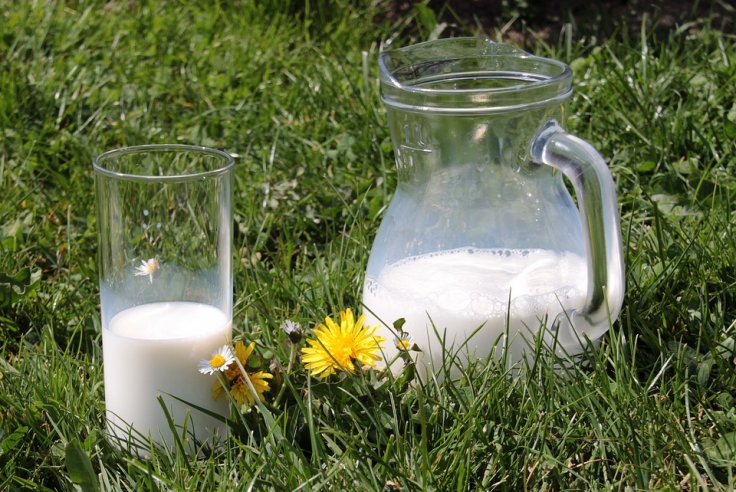
Cows fed with 100 per cent organic grass and legume-based diet produce "grassmilk" rich in omega-3, which reduces the risk of cardiovascular disease as compared to conventional milk, finds a study.
While omega-6 and omega-3 fatty acids are essential human nutrients, consuming too much omega-6 and too little omega-3 can increase the risk of cardiovascular disease, obesity and diabetes.
The findings, published in the journal Food Science and Nutrition, showed that grassmilk brings the omega-6/omega-3 ratio to a near one to one, compared to 5.7 to one in conventional whole milk.
Grassmilk provides by far the highest level of omega-3s -- 0.05 grams per 100 grams of milk (g/100 g), compared to 0.02 g/100 g in conventional milk -- a 147 per cent increase in omega-3s.
Grassmilk also contains 52 per cent less omega-6 than conventional milk, and 36 per cent less omega-6 than organic milk.
"The near-perfect balance of omega-6 and omega-3 fatty acids in grassmilk dairy products will help consumers looking for simple lifestyle options to reduce the risk of cardiovascular and other metabolic diseases," said Charles Benbrook, from Johns Hopkins University in the US.
In addition, grassmilk also has the highest average level of a valuable, heart-healthy fatty acid conjugated linoleic acid (CLA) -- 0.043 g/100 g of milk, compared to 0.019 g/ 100 g in conventional milk and 0.023 g/100 g in organic, the researchers said.
Daily consumption of grassmilk dairy products could potentially improve health trends, the study noted.
Besides metabolic and cardiovascular benefits, omega-3 fatty acids and CLA, is also beneficial for pregnant and lactating women, infants and children.
Various forms of omega-3 fatty acids play critical roles in the development of eyes, the brain and the nervous system.
Adequate omega-3 intakes can also slow the loss of cognitive function among the elderly.
For the study, the team analysed over 1,160 samples of whole grassmilk taken over three years from on-farm bulk tanks prior to any processing. (IANS)









